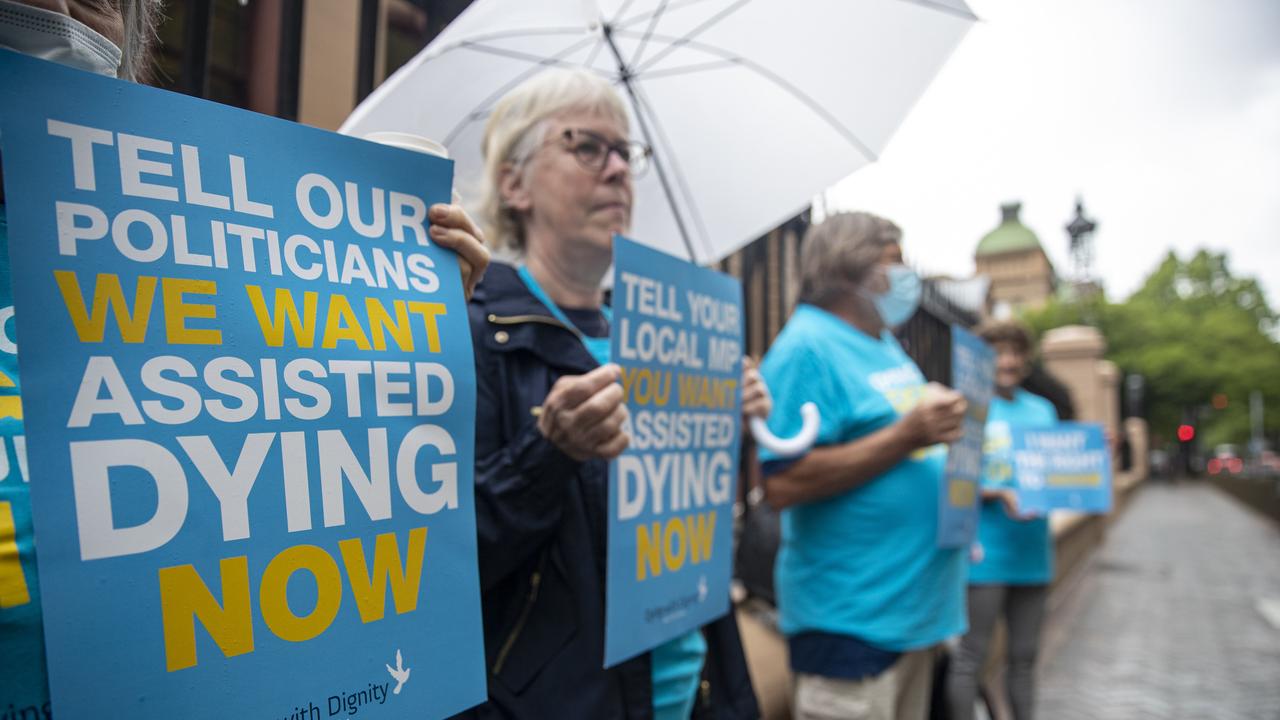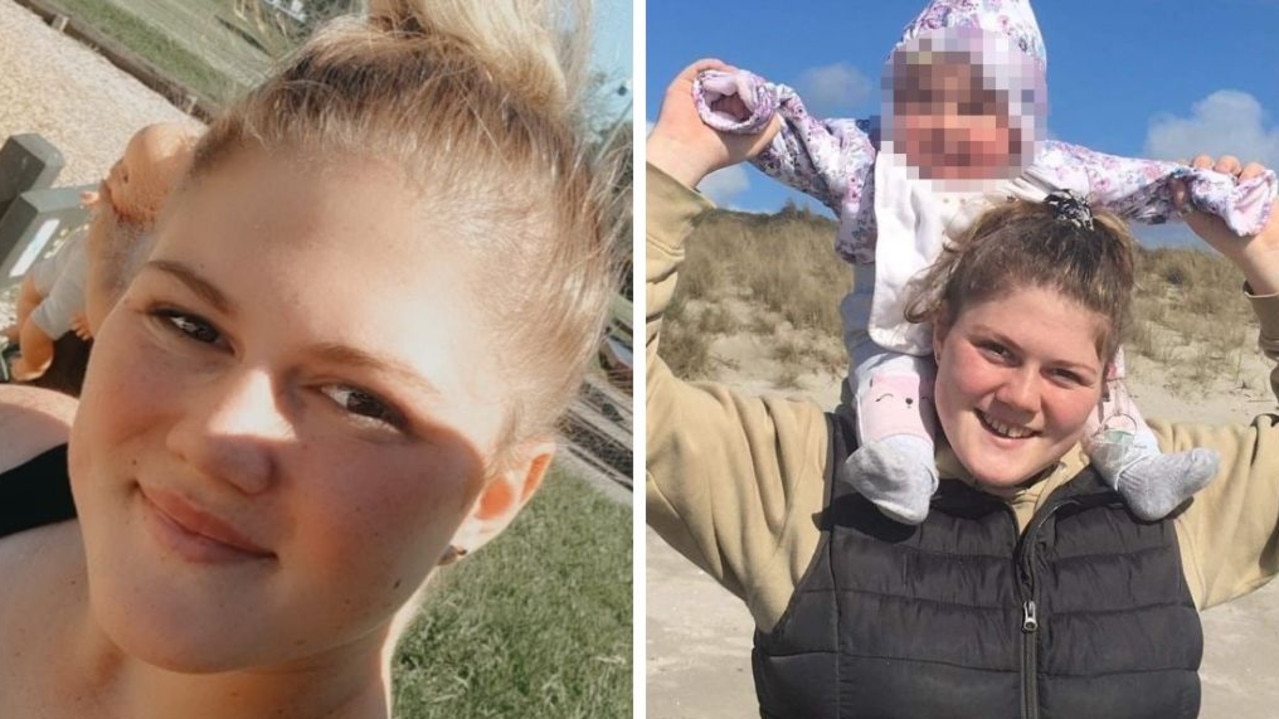Federal Court rules voluntary assisted dying is the same as suicide
Doctors who give patients information about voluntary assisted dying via Telehealth could be found to be committing a crime.

The Federal Court has ruled that voluntary assisted dying is now considered suicide under criminal law, meaning doctors who give patients information about euthanasia over the phone could face criminal charges.
Federal Court Justice Wendy Abraham on Thursday ruled the term “suicide” as used in the Commonwealth Criminal Code Act 1995 applies to the ending of a person’s life by voluntary assisted dying.
This means it is an offence for a doctor to use a carriage service to counsel or incite another into ending their life, meaning doctors using telehealth, email or phone calls could be found to have broken the law.
The ruling comes after a challenge by Melbourne doctor Nick Carr, who is authorised to undertake the functions of a “co-ordinating and consulting medical practitioner” for people seeking assistance with euthanasia.

Dr Carr asked the court if the word “suicide” as used in the Criminal Code Act applied to the ending of a person’s life in accordance with the Voluntary Assisted Dying Act 2017 and the Voluntary Assisted Dying Regulations 2018 (Vic).
He claimed “suicide” was not defined in the criminal code, the word did not apply to such acts and asked the Federal Court to make an alternative declaration.
Dr Carr submitted there was a “constructional choice” to be made in interpreting the word “suicide” and to resolve the matter by changing the wording.
The doctor proposed the declaration be changed to: “The term “suicide”, as used in … the Criminal Code Act 1995 (Cth), does not apply to the ending of a person’s life in accordance with, and by the means authorised by, the Voluntary Assisted Dying Act 2017 (Vic) and Voluntary Assisted Dying Regulations 2018 (Vic)”.
Justice Abraham rejected Dr Carr’s arguments and found assisting someone to die over the phone would be committing an offence.
Instead she agreed with the federal government, which argued “when the criminal code provisions were introduced, ‘commit suicide’ simply referred to the intentional taking of one’s own life, regardless of the circumstances in which that occurred”.
The judge found authorised medical practitioners under the VAD act, as Dr Carr is, are variously permitted or required to provide information to a person who has requested access to voluntary assisted dying if they meet the eligibility criteria.

“The provision of information in accordance with those provisions would amount to making information available to the other person that provides instruction on a particular method of committing suicide,” Justice Abraham wrote in her judgment.
“If that communication is undertaken using a carriage service, that would breach the Commonwealth Offence Provisions but be authorised under the VAD Act.”
“It follows that in so far as the VAD Act purports to authorise medical practitioners to provide information about particular methods of committing suicide via a carriage service, it purports to authorise them to engage in conduct that the Criminal Code has criminalised.”
Justice Abraham made it clear giving assistance to a person under the VAD Act using a mode of communication “other than a carriage service” would not be an offence.
The ruling comes just two days after NSW became the last state to allow VAD after similar legislation was first passed in 2017 in Victoria.
To qualify, patients must be diagnosed with an advanced and progressive disease, illness or medical condition that is expected to lead to death within six months, or 12 months for neurodegenerative diseases, and experiencing suffering that “can’t be relieved in a way that is acceptable to them”.
They must also be older than 18, not be under duress or pressure from another person, have decision-making capacity and show they have had an enduring request for voluntary assisted dying.






